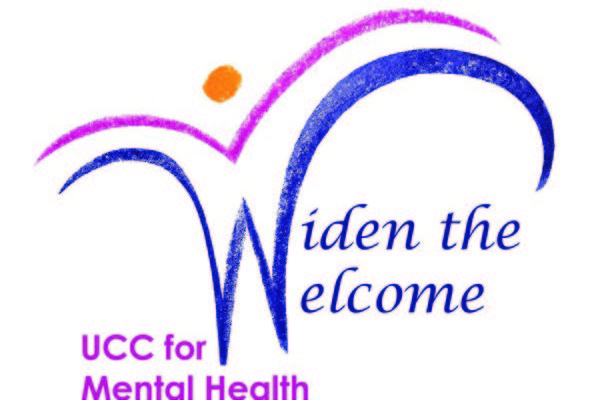The United Church of Christ Mental Health Network invites us to highlight mental health in the month of May. This is a way for our congregation to begin or to widen our welcome.
Green ribbons are the official symbol for mental health awareness. The city of Gainesville has given us permission to place green ribbons throughout public spaces to remind us of our responsibility to fight stigma, provide support, educate the public and advocate for equal care for persons with mental health concerns. Throughout May, participants in Gainesville and across the country are raising awareness for mental health.
Did you know?
Mental illnesses are medical conditions. Research has shown that mental illness has a biological basis. Mental illnesses are brain disorders associated with changes in the brain’s structure, chemistry and function, which in turn affects how a person thinks, feels and acts.
One in every four adults is affected by mental illness. The National Institute of Mental Health reports that one in four adults in the U.S. experience some kind of mental health disorder in a given year. However, the main burden of illness is concentrated in a much smaller proportion. Approximately 1 in 17 Americans, or about 13.6 million people, live with a serious mental illness such as schizophrenia, major depression or bipolar disorder.
Stigma prevents many people from seeking treatment. Approximately 60 percent of adults and almost one-half of youth ages 8 to 15 with a mental illness received no mental health services in the previous year. In some locations, services simply are not available or are not affordable to the people who need them. In many cases, people avoid treatment because of the fear of stigma.
Treatment works and recovery is possible. There is no “cure” for mental illness, but with effective treatment (which may include medication, therapy, other services and support), most people experience relief from their symptoms and live productive, fulfilling lives.
Most people with mental illness are not violent. The most common form of violence by those who have mental illness is violence against themselves. People with serious mental illnesses are far more likely to be victims of violent crime than perpetrators of it.
5 simple things you can do to make the world a better place for people with mental illnesses and their families
- Be a friend. Provide companionship and compassion on the road toward recovery. Offer a ride to church or to a local support group. Listen without judgement. Pray for those you know with mental illnesses and for their family members. Offering community through UCG is a way to provide support.
- Be an inspiration. Share your story. Has mental illness impacted you or your family in some way? Your story may empower others to seek treatment or have hope.
- Watch your language. Pay attention to the words you use and avoid stigmatizing labels. Do not refer to people as “crazy,” “psycho,” “lunatic” “schizo” or “mental.”
- Be a “StigmaBuster”. Challenge negative attitudes toward mental illness among your friends and acquaintances and in the media.
- Learn the facts. Educate yourself about the various mental illnesses. Attend a lecture or class or use the Internet. Good places to start include the National Alliance on Mental Illness and the National Institute of Mental Health.

